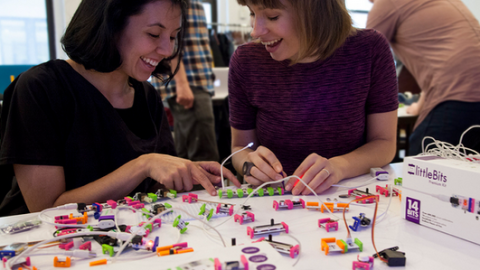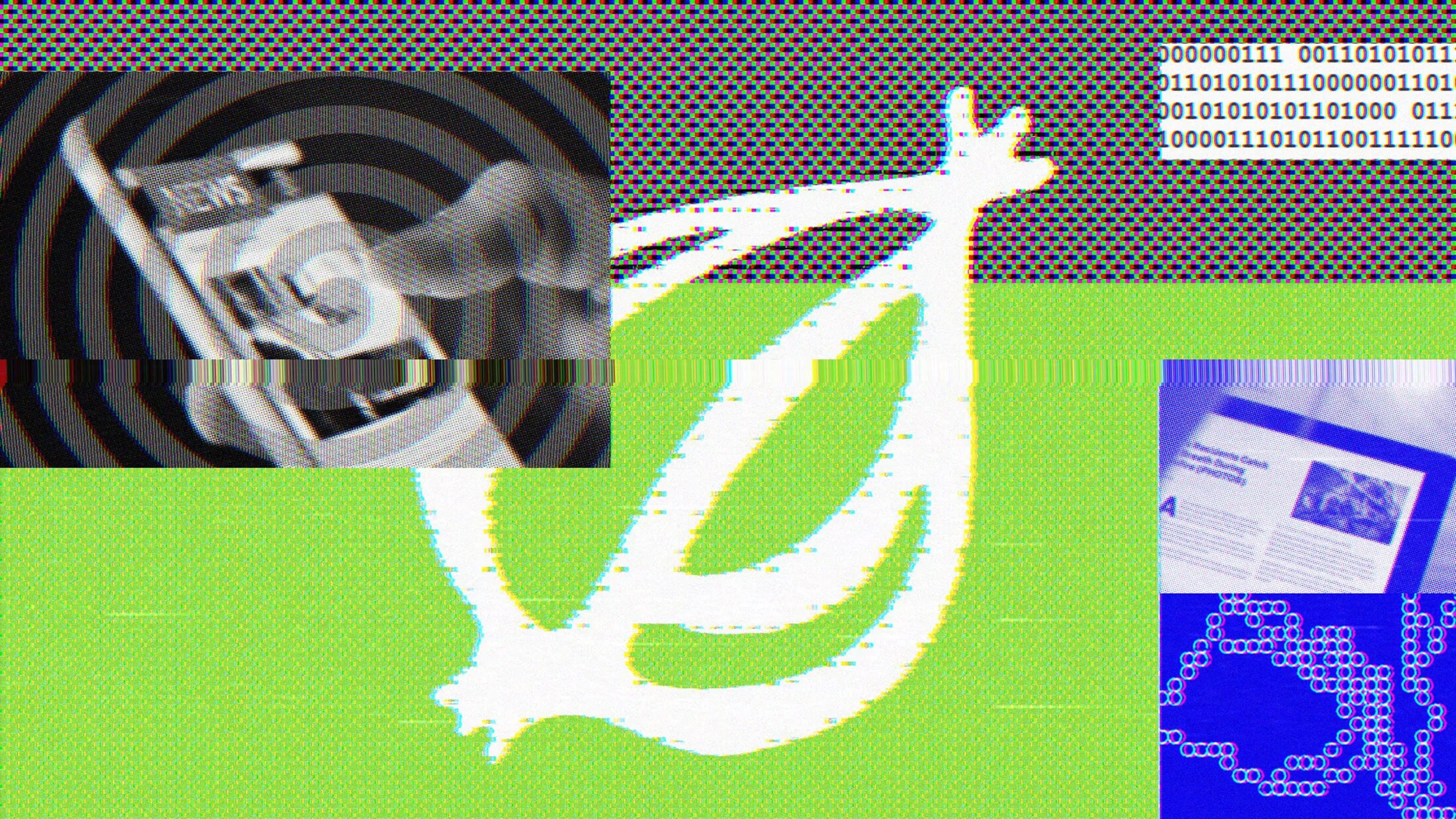Everyone Can Become An Electronics Wiz Thanks To littleBits

Ayah Bdeir had a dream – take electronics out of the hands of experts and large companies and put them in the hands of ordinary people in order to make them inventors, builders, designers, and experimenters. Today, her dream is a reality. Her company, New York based littleBits Electronics, makes electronics accessible to kids, adults, geeks, and amateurs, and has been gaining increasing popularity, critical acclaim, and investors attention.

“Our lives are riddled with electronics, but really a few of us know how they work and a few of us can invent our own. Software went through a revolution, but with hardware that hasn’t happened yet. […] If you want to make a robot, or if you want to make a remote control doorbell, or if you want to wire up your alarm system, or create a prototype for a next billion dollar start up, you really have to be an electrical engineer, and you really have to know how to wire and solder, and program. That makes the field not as innovative and as modern as it could be,” says Ayah.
littleBits solves this problem by providing a big and growing library of electronics modules that are extremely easy to use for prototyping and learning. They snap together with the help of magnets and are color coded according to their function – green bits are power, blue ones are output, pink are input, orange are wire. All the circuitry is pre-integrated and you don’t need to know how to program, unless of course you want to. littleBits has more than 60 modules that can make billions of combinations of circuits – from lights, sounds and vibrations to programmable and wireless connectivity over radio frequencies.

In July, littleBits announced cloudBit – a module that lets you “snap the internet to anything” and turn any object into an internet connected device. The powerful building block lives within the larger littleBits library, which is open, modular, and interoperable. It allows you to add the internet on top of the existing littleBits platform.
This September, bitLab was launched – an app store for user-generated hardware. This makes the littleBits system an infinitely open hardware platform that will spur invention and innovation in the hardware community. Just like the software app stores, the littleBits library acts as the platform, the Bits that developers submit are considered the apps, and the API is bitSnap, littleBits’ magnetic connectors. Once a module is prototyped, it can be submitted to the bitLab where the community votes on it. When a submission receives more than 1,000 votes, littleBits will review the submission to determine production feasibility. Approved modules will be manufactured domestically and available for purchase in the bitLab, with the developer receiving 10 percent of the revenue sold.
With its accessibility, affordability and easy of use, littleBits is making electronics just another material to play, build, experiment and design with, in a similar way lego has made it possible for years.
Photos: littleBits





